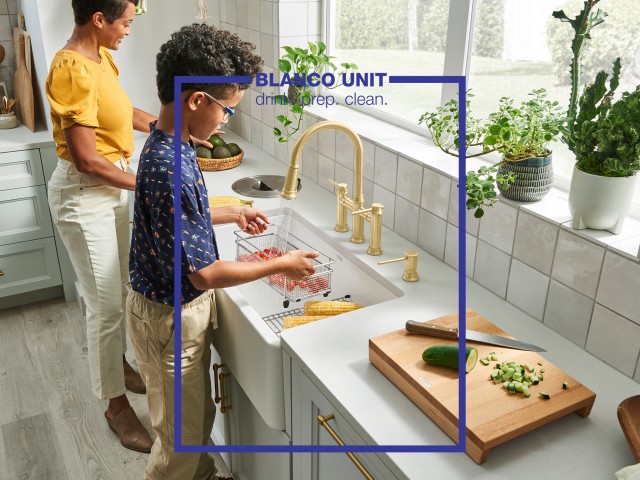What Do General Contractors Do?
Unless you’ve got a few renovation projects under your belt, this may be the first time you’ve even considered working with a general contractor. In the broadest terms, a general contractor (GC) is equal parts project manager, fixer, traffic cop and accountant. They’re responsible for achieving the big picture vision of your renovation, as well as keeping tabs on even the smallest details.
Specifically, here’s how that plays out on the job site. During a remodeling project, your GC will:
- Help you navigate local building code requirements, obtain permits and prepare for local government inspections.
- Oversee every phase of your kitchen renovation, from planning to demolition, construction, installation and cleanup.
- Hire, manage and pay subcontractors, such as electricians or plumbers, using the money you’ve paid as part of a general contracting fee.
- Manage your project’s costs and schedule to ensure it comes in on time and within budget.
/pro---con-checklist-16x19-image-640w-853h.jpg)
